Literary Criticism
Literary criticism involves the analysis and evaluation of literary works, exploring themes, writing styles, and historical context to provide insights and interpretations.
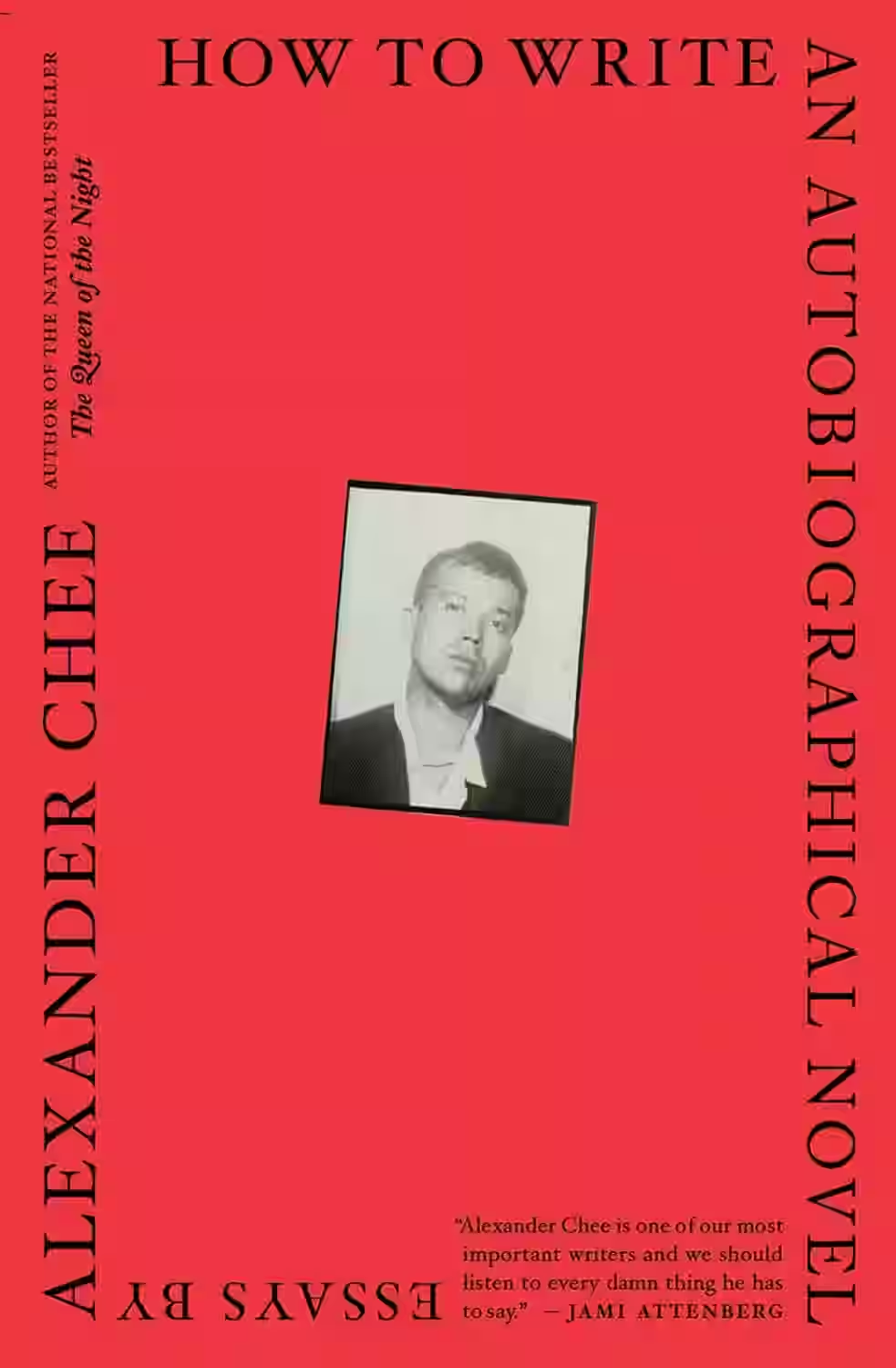
How to Write an Autobiographical Novel
In 'How to Write an Autobiographical Novel,' Alexander Chee delivers a collection of insightful and thought-provoking essays that explore identity, creativity, and the power of storytelling. Through personal anecdotes and reflections, Chee dives deep into his own experiences with topics such as politics, sexuality, and family, offering readers a poignant glimpse into the complexities of human existence. His prose is both elegant and emotionally resonant, drawing readers into a world where vulnerability and resilience intersect. This book is a testament to the transformative nature of writing and the ways in which it can help us make sense of our lives.
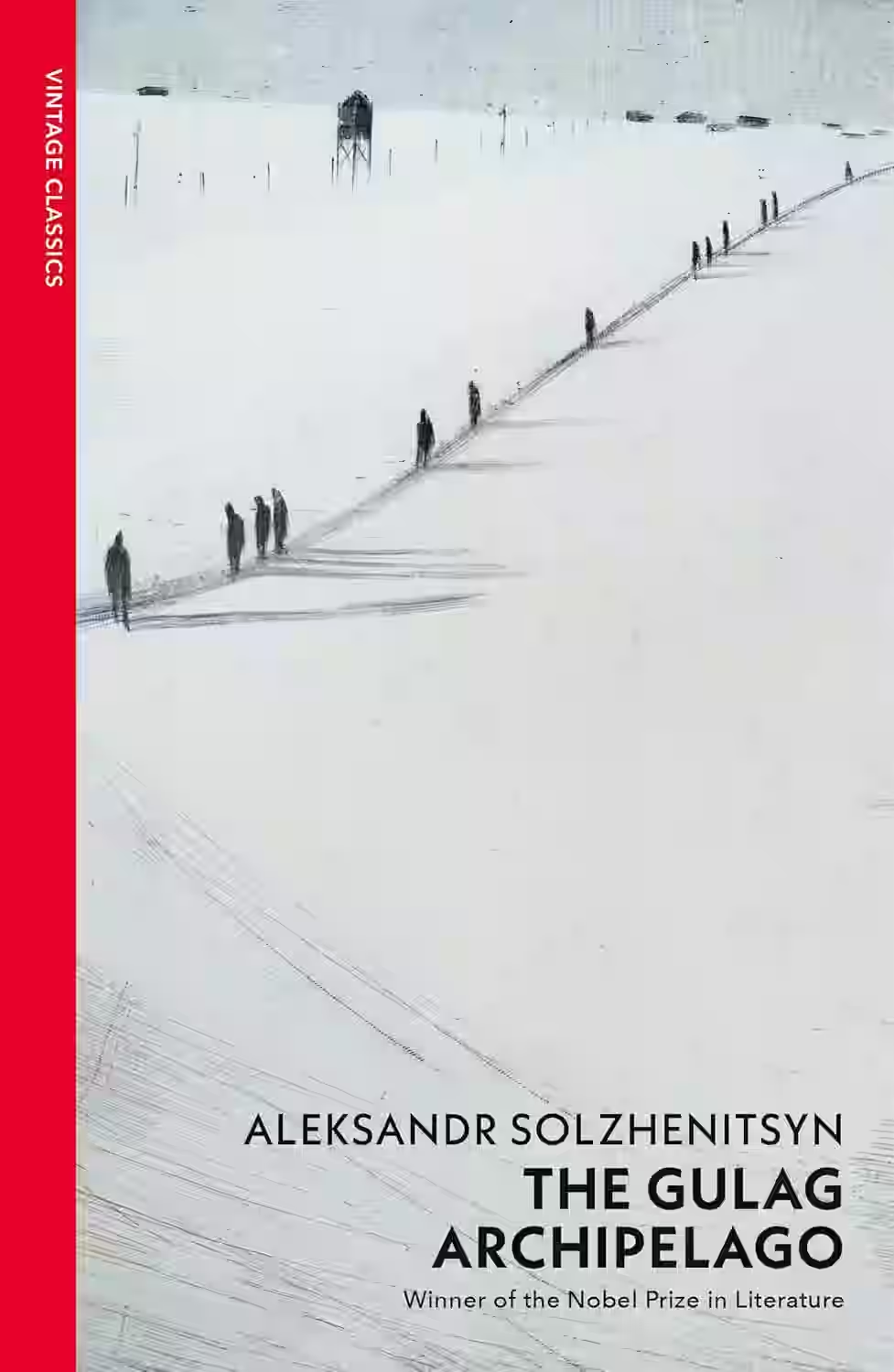
The Gulag Archipelago
In 'The Gulag Archipelago,' Nobel laureate Aleksandr Solzhenitsyn meticulously documents the horrors of the Soviet forced labor camp system. Spanning three volumes, this monumental work delves into the chilling realities faced by prisoners, the arbitrary nature of arrests, and the dehumanizing conditions within the camps. Solzhenitsyn provides a harrowing account of the cruelty and oppression under Stalin's regime, shedding light on the resilience of the human spirit in the face of extreme adversity. Through powerful storytelling and profound insights, he exposes the depths of totalitarianism and the enduring quest for freedom and truth. 'The Gulag Archipelago' stands as a monumental work of historical significance and moral courage.
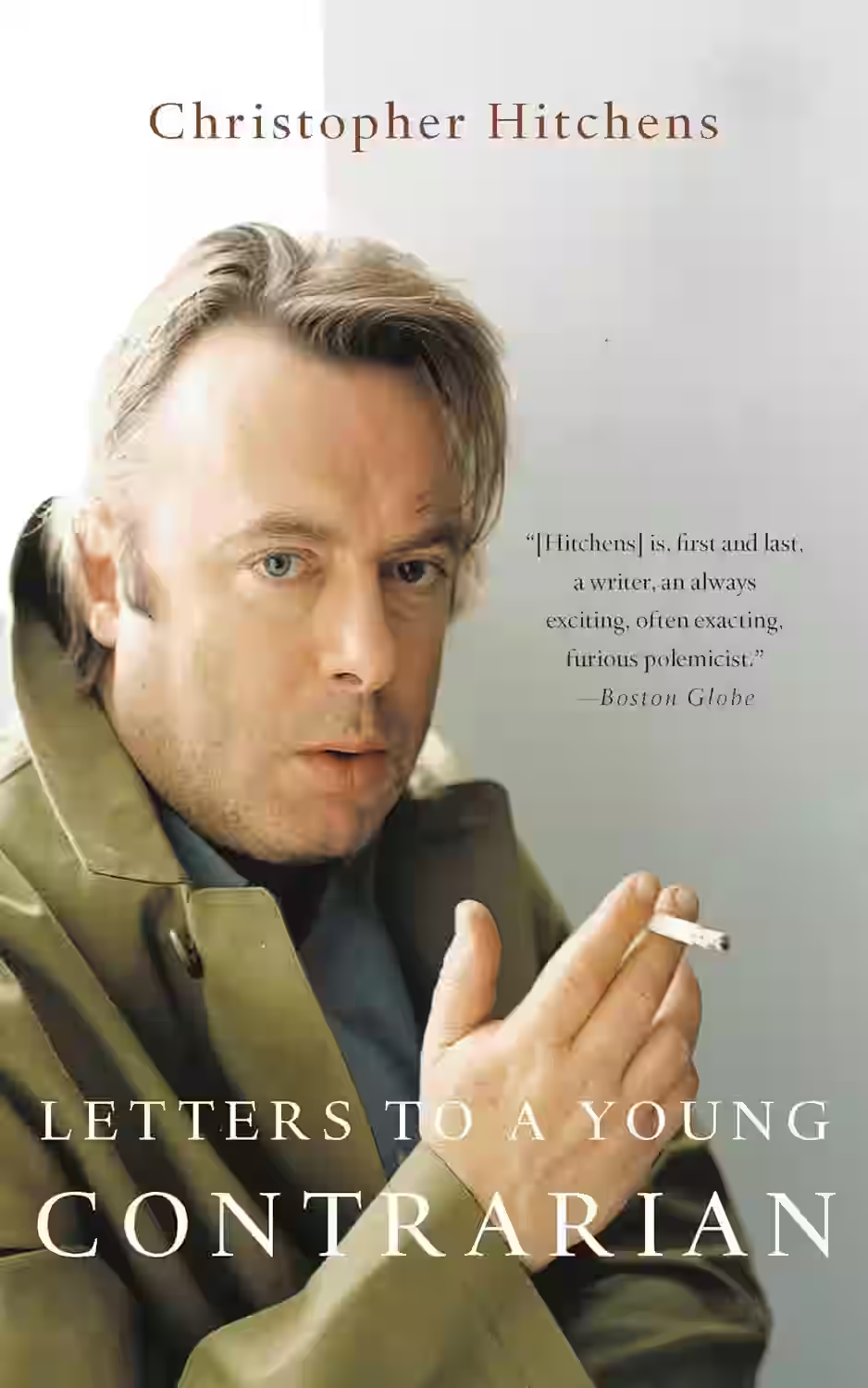
Letters to a Young Contrarian
In 'Letters to a Young Contrarian,' the renowned iconoclast Christopher Hitchens imparts his wisdom and wit to budding contrarians. Through a series of letters, Hitchens challenges conventional thinking and encourages readers to question authority, uphold principles, and embrace skepticism. Touching on topics like politics, religion, and society, this book serves as a manifesto for those who dare to dissent and think independently. Hitchens' sharp prose and intellectual prowess make this a compelling and thought-provoking read, urging readers to engage critically with the world around them.
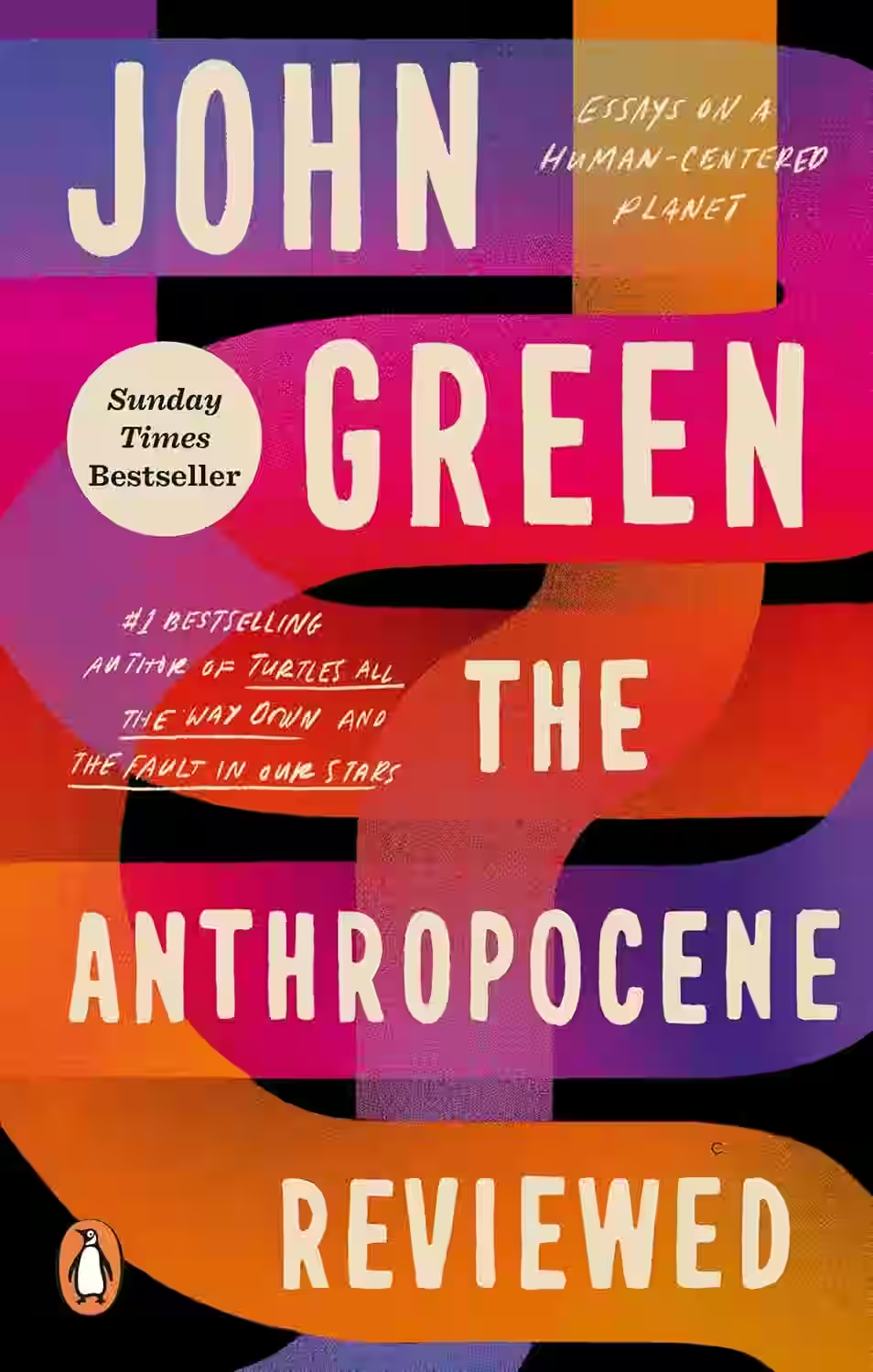
The Anthropocene Reviewed
by John Green
In 'The Anthropocene Reviewed,' John Green skillfully weaves together personal reflections and insightful commentary on various aspects of human existence, offering a poignant exploration of modern life. Through a series of essays where he reviews different aspects of the Anthropocene, ranging from Hawaiian pizza to the internet, Green delves into themes of connection, loss, hope, and the complexities of being human in a rapidly changing world. With his trademark wit and vulnerability, he invites readers to ponder the beauty and fragility of our shared experiences. This book is a thought-provoking journey that will resonate with anyone seeking a deeper understanding of our place in the Anthropocene.
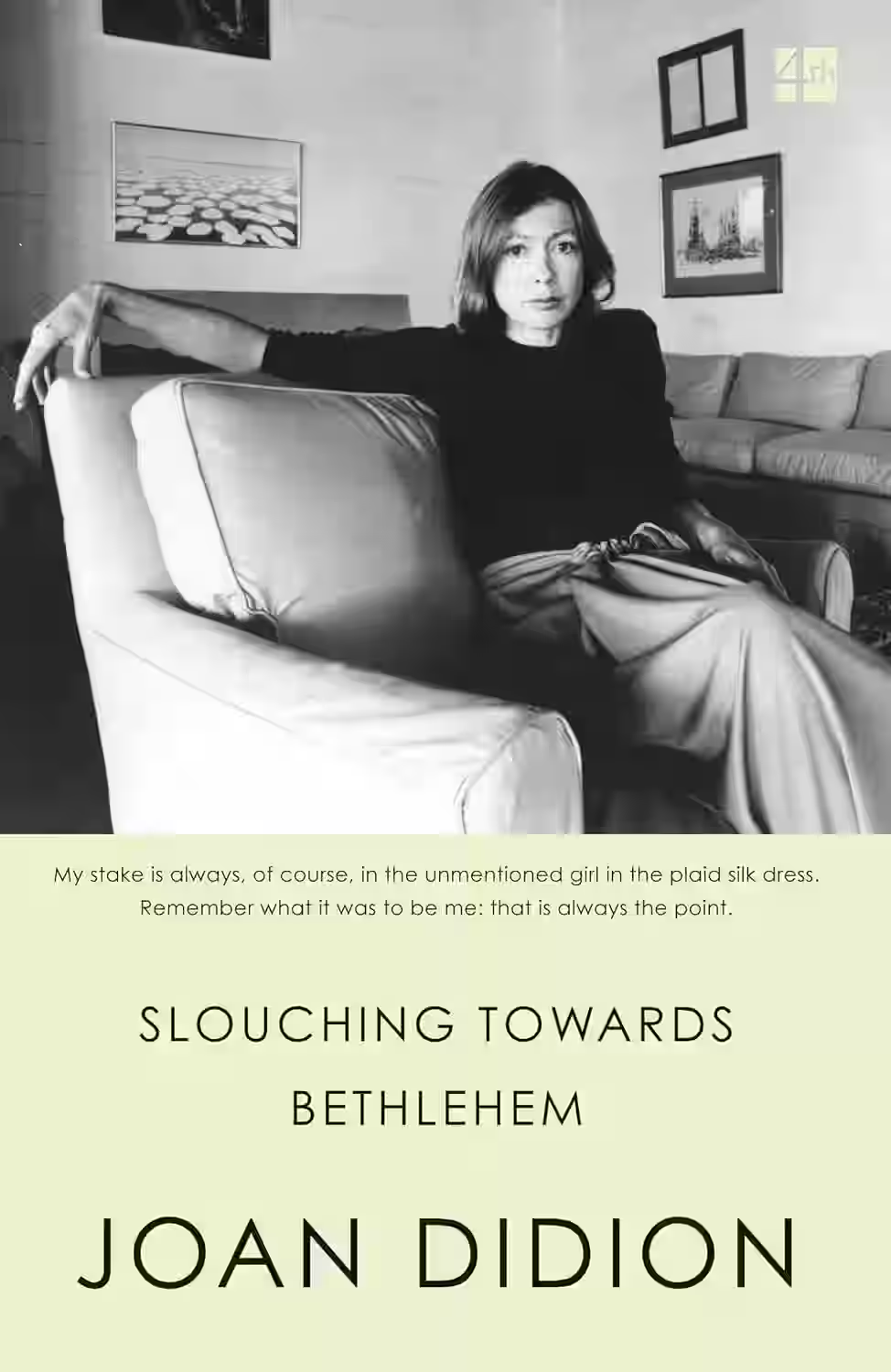
Slouching Towards Bethlehem
by Joan Didion
In 'Slouching Towards Bethlehem,' Joan Didion masterfully weaves together essays that offer a captivating glimpse into the cultural landscape of the 1960s. Through her sharp observations and insightful prose, Didion delves into themes of alienation, disillusionment, and the search for identity in a rapidly changing world. From exploring the counterculture movement to dissecting the complexities of relationships and societal norms, Didion's writing is both poignant and thought-provoking. This collection of essays remains a poignant reflection of an era marked by upheaval and transformation, resonating with readers for its timeless commentary on the human condition.
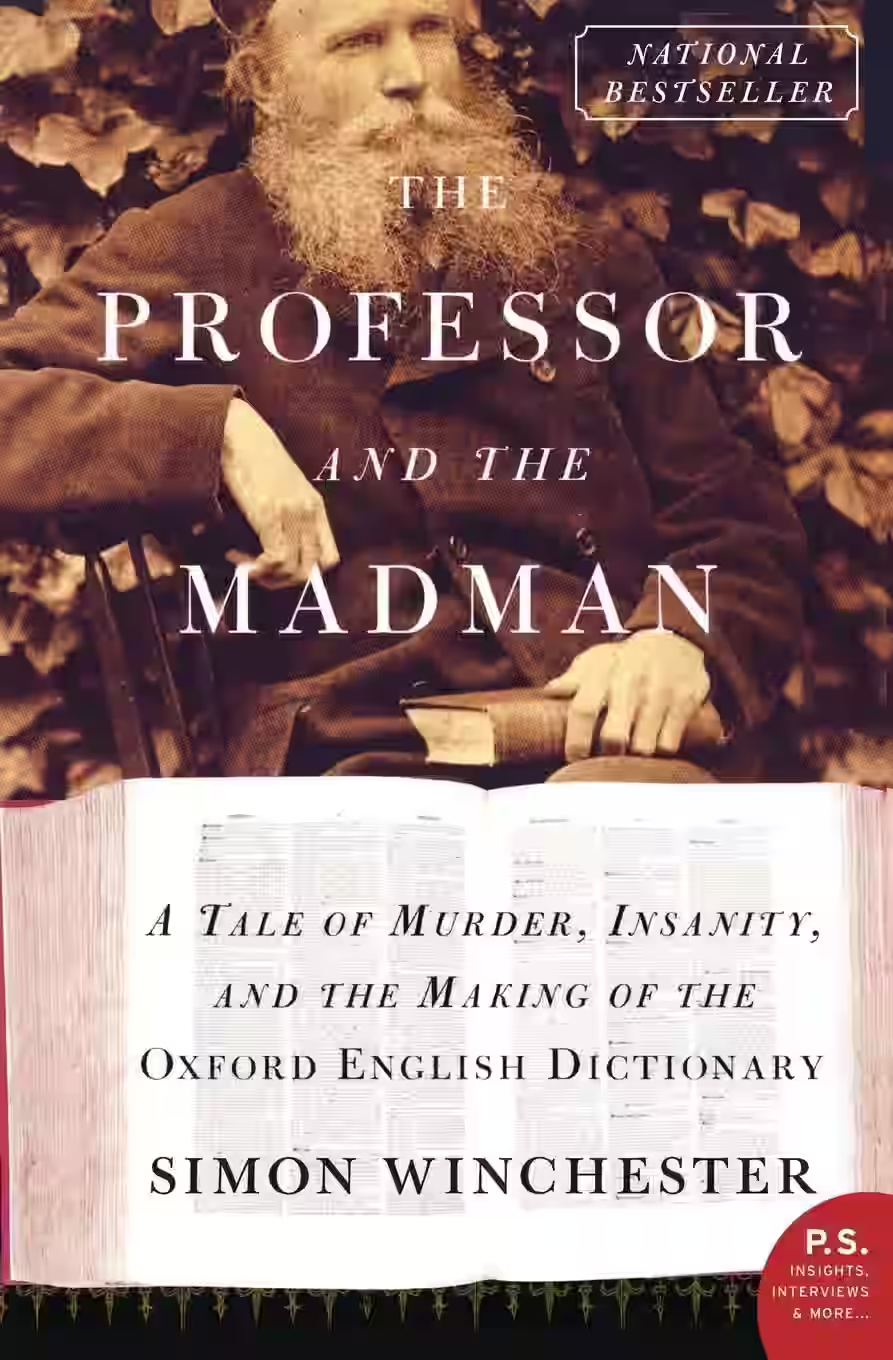
The Professor and the Madman
In 'The Professor and the Madman' by Simon Winchester, the author delves into the intriguing story behind the creation of the Oxford English Dictionary. The book follows the relationship between Professor James Murray and Dr. William Minor, a convicted murderer who contributed thousands of words to the dictionary while institutionalized. Winchester skillfully weaves together themes of language, madness, and humanity, offering a compelling narrative of two unlikely collaborators. Through meticulous research and vivid storytelling, he captures the essence of dedication, obsession, and the power of words. This non-fiction work engages readers with its historical richness and profound exploration of the complexities of human nature.
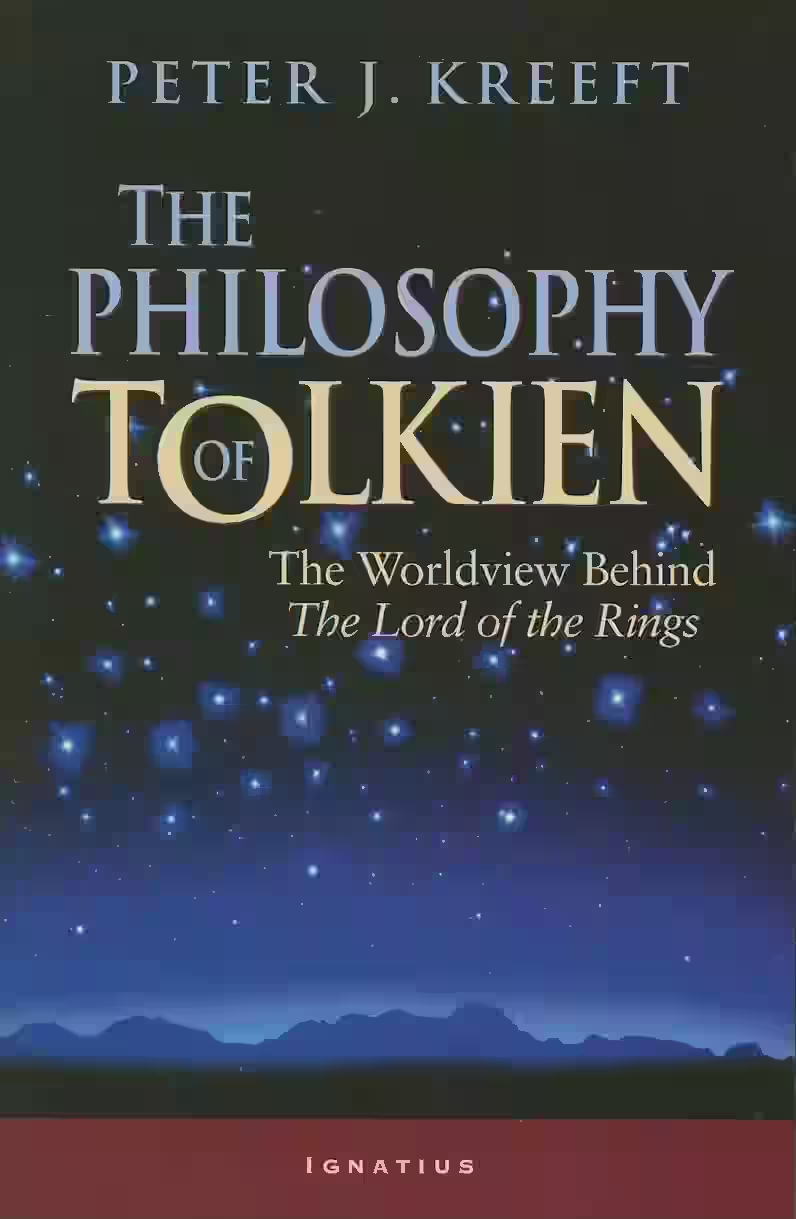
The Philosophy of Tolkien: The Worldview Behind 'The Lord of the Rings'
by Peter Kreeft
In 'The Philosophy of Tolkien: The Worldview Behind 'The Lord of the Rings' by Peter Kreeft, readers delve into the profound philosophical underpinnings of J.R.R. Tolkien's iconic fantasy world. Kreeft expertly analyzes Tolkien's works, exploring themes such as the battle of good vs. evil, the nature of courage, the significance of friendship, and the power of redemption. Through Kreeft's insightful commentary, readers gain a deeper understanding of Tolkien's complex philosophical ideas and how they manifest in 'The Lord of the Rings.' This book offers a compelling exploration for both fans of Tolkien's work and those interested in philosophical discourse.
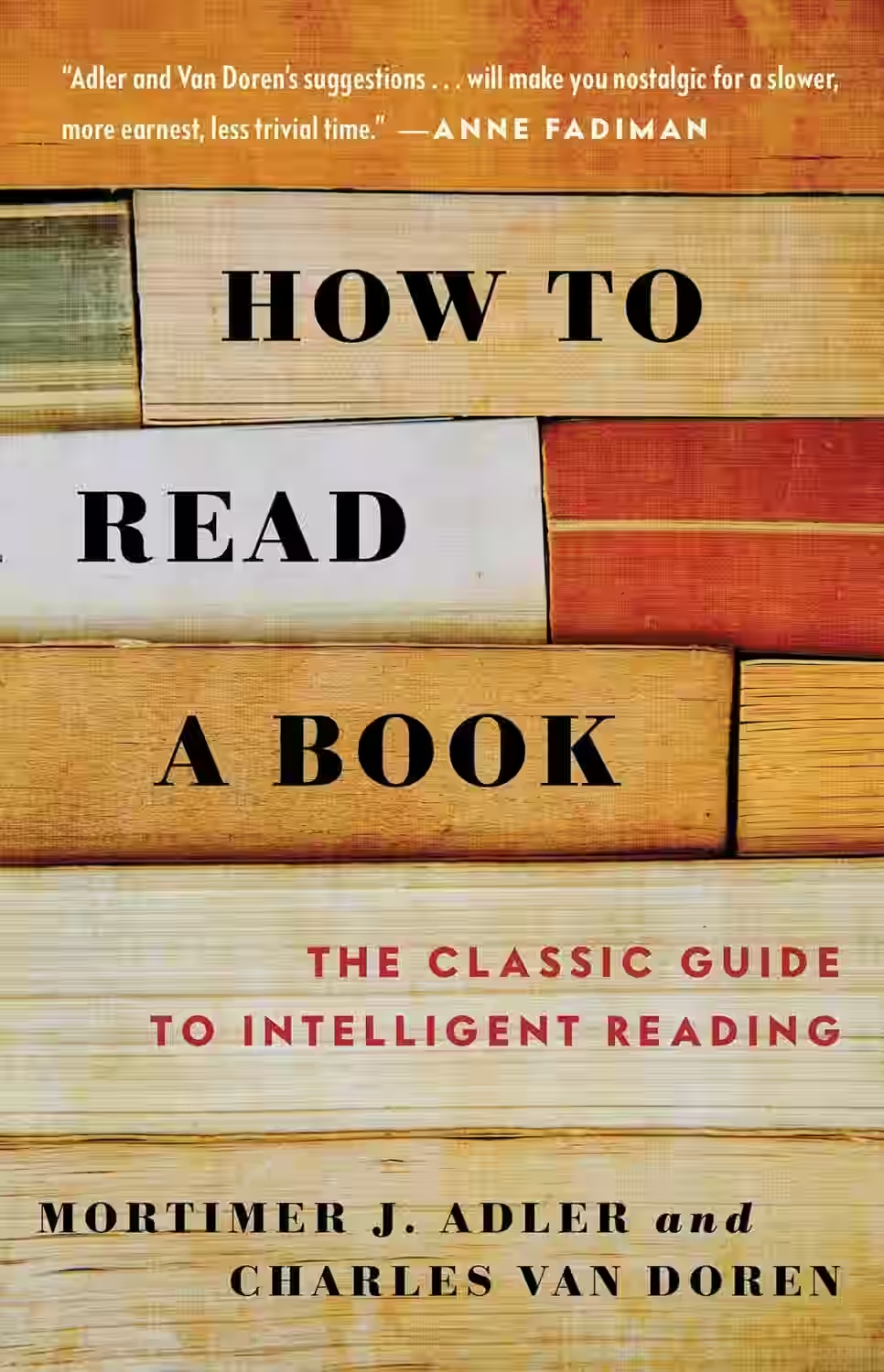
How to Read a Book
In 'How to Read a Book', Mortimer J. Adler presents a comprehensive guide on the art of reading carefully and effectively. He delves into the different levels of reading - from elementary reading to the analytical and syntopical levels - providing practical strategies to enhance comprehension and critical thinking. Adler emphasizes the importance of actively engaging with texts, questioning assumptions, and grasping the underlying messages. This book serves as a valuable tool for readers looking to deepen their understanding and extract maximum value from the written word. With its timeless advice and insightful teachings, 'How to Read a Book' is a must-read for anyone seeking to become a more discerning and thoughtful reader.